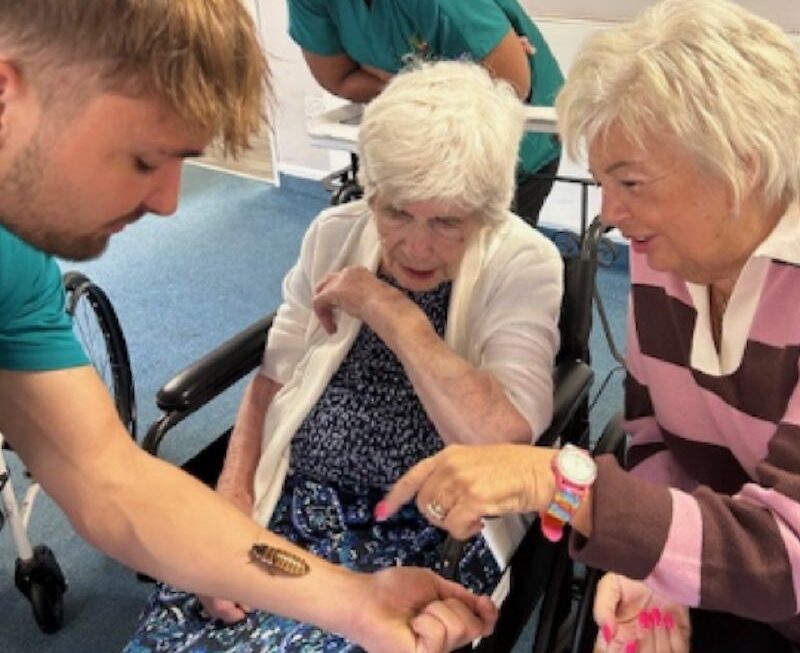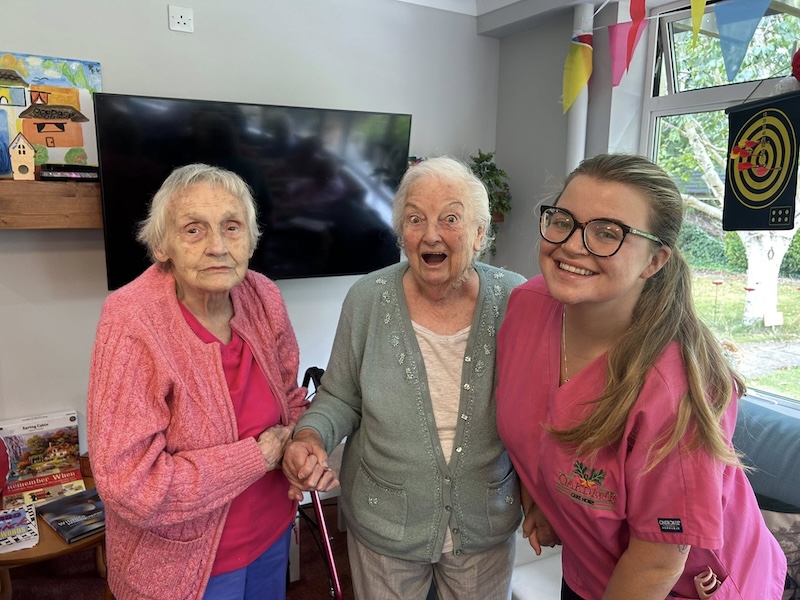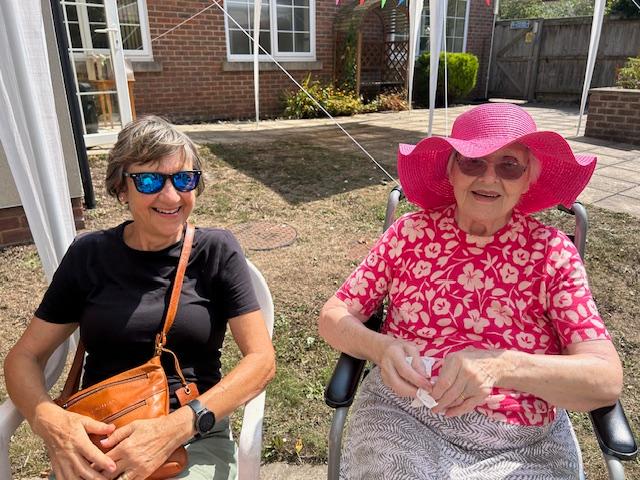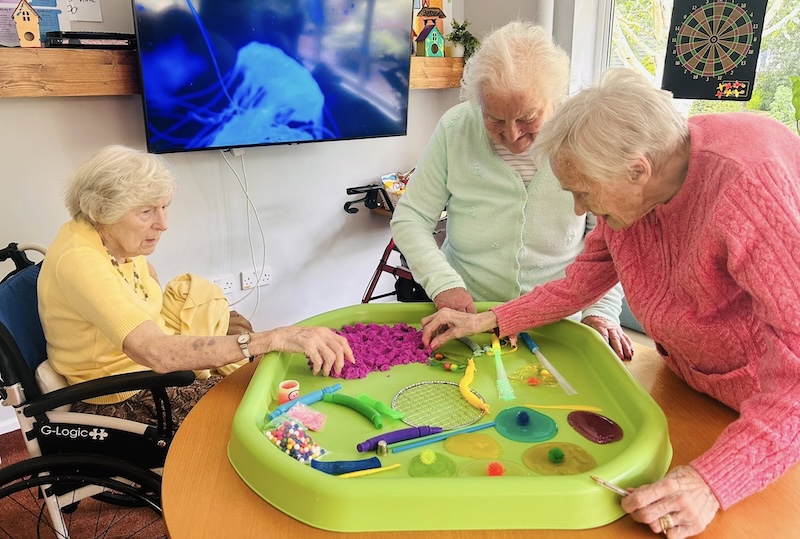What is Person Centred Care?

Providing excellent care is not just about meeting someone’s physical needs but also about supporting their individuality, dignity, and well-being. This is the essence of person-centred care – a holistic and compassionate approach to care that places the person, rather than their condition or needs, at the heart of every decision.
Whether someone is living with a long-term condition, recovering after a hospital stay, or receiving dementia care, person-centred care is important in a care home as it ensures that support is tailored to their unique circumstances, preferences, and aspirations. In this blog, we’ll explore what person-centred care is, why it’s so important, and how it benefits individuals and their loved ones.
What is Person Centred Care?
Person-centred care is an approach that recognises every individual as unique, with their own values, preferences, and experiences. It focuses on meaningful involvement, ensuring that the person receiving care is actively involved in decisions about their health, well-being, and daily life.
Rather than following a one-size-fits-all model, person-centred care acknowledges the importance of understanding someone’s life story, personality, and priorities. This approach helps care staff to provide support that aligns with the individual’s personal goals and needs – empowering them to maintain as much control and independence as possible.
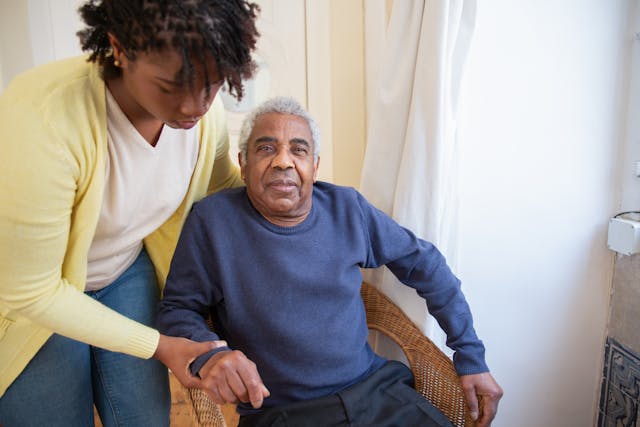
Why is Person Centred Care Important in a Care Home?
Person-centred care is essential because it places the individual at the heart of every decision, ensuring their needs, preferences, and values are respected. By tailoring care to the person, it helps maintain dignity, independence, and control which allows them to focus on doing the things they love most.
Good communication is a key part of this approach, fostering trust and collaboration between carers, residents, and family members. This involvement ensures care reflects what truly matters to the individual, promoting both emotional and physical well-being.
How Person-Centred Care Works in Practice
There are a number of key elements that contribute to providing person-centred care services, including:
Person-Centred Care Planning
The care planning process is designed to involve the person receiving care as much as possible. It starts with a detailed conversation with both them and their loved ones about their lifestyle, routines, and what makes them happy. A tailored care plan will be created as a result of this and will allow the care home to provide a continuum of care and support both their physical and mental health around the clock.
Flexible and Adaptive Support
Person-centred care is not static – it evolves as the individual’s needs change. This would allow them to transition between care types whilst staying in an environment they can call home. Regular reviews of the care and support plan ensure it remains relevant and effective.
Promoting Independence
An important part of person-centred care is helping people retain as much independence as possible. This could involve encouraging older people to continue with their hobbies or supporting someone with dementia to make choices about their daily lives which also contributes to a sense of purpose and maintaining dignity.
Recognising Emotional Well-Being
Person-centred care goes beyond physical health – it addresses emotional and social well-being too. For residents in care homes, this might mean organising activities that create a sense of community, celebrating special moments with family and friends, or simply ensuring they feel heard and valued.
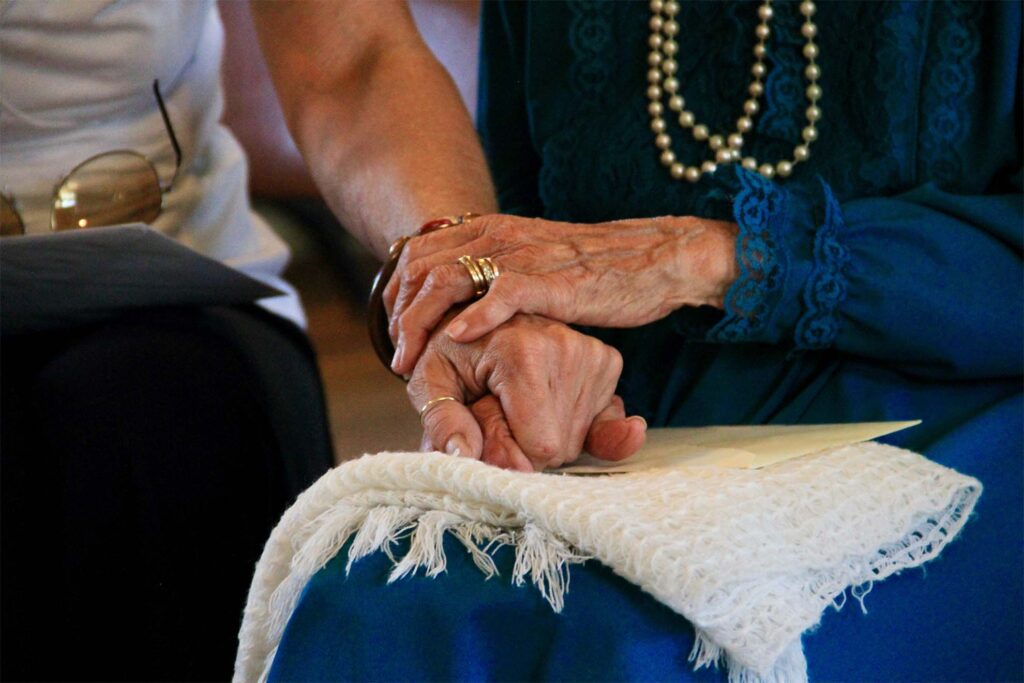
The Benefits of Person Centred Care
When care homes adopt this approach to care, the outcomes can be truly transformative. The main benefits of person centred care include:
- Improved well-being: By focusing on and prioritising the person’s emotional, social, and physical needs, it enhances their overall quality of life.
- Greater dignity and respect: Residents feel valued and understood, which can boost their confidence and self-esteem.
- Better health outcomes: Personalised care planning results in more effective and consistent support, especially for those living with long-term conditions.
- A stronger sense of control: Person-centred care allows individuals to make choices about their care and daily life, fostering a sense of independence.
What is Person Centred Care in Terms of Different Needs
Residential Care
In residential care settings, person-centred care is essential for helping individuals feel comfortable, valued, and at home. Each resident brings with them a unique set of experiences, routines, and preferences, and these must be reflected in their care plan. For instance, some residents may wish to maintain a particular morning routine, such as enjoying a cup of tea at a certain time or reading the newspaper before starting their day. Others may have hobbies or activities they’d like to continue, such as gardening or knitting.
Dementia Care
In dementia care, a person-centred approach is vital for ensuring the individual feels safe and supported. By understanding their unique triggers, preferences, and history, carers can create an environment that reduces anxiety and enhances their sense of familiarity and comfort.
Palliative Care
When someone is receiving palliative care, person-centred care planning helps to ensure their care journey is as comfortable and meaningful as possible. This might involve respecting their wishes about where they would like to enjoy their meals or spend their days, or incorporating spiritual and emotional support into their care plan.
Respite Care
For those receiving short-term support, such as respite care, a person-centred approach ensures the individual’s preferences are respected and supported when getting back into their normal routine – creating continuity and comfort even in a temporary setting.

The Role of Family Members in Person-Centred Care
Family members are often the people who know their loved ones best, making their involvement an essential part of the person-centred approach. Whether it’s sharing insights about the individual’s preferences or actively participating in care planning, their input helps create a more comprehensive and effective care plan.
For example, in dementia care, family members can provide valuable details about the person’s life history, which may help carers connect with the individual on a deeper level. Similarly, in palliative care, loved ones can ensure the person’s wishes are honoured during this sensitive time.
Expect Exceptional, Tailored Care at Oakdene Care Home
At Oakdene Care Home, we understand the difference that person-centred care can make in a resident's mental health and well-being. Whether residents are receiving dementia care, residential care, respite care or palliative care, our dedicated and compassionate team encourages them to live a life full of independence, dignity and meaningful activities. From creating tailored care and support plans to promoting independence and dignity, they all work together to ensure that each resident feels truly at home.
If you’re exploring care options for yourself or a loved one, we’d love to explain how our care home in Verwood can meet your unique needs. Please get in touch with us to learn more – we’re here to provide support every step of the way.
